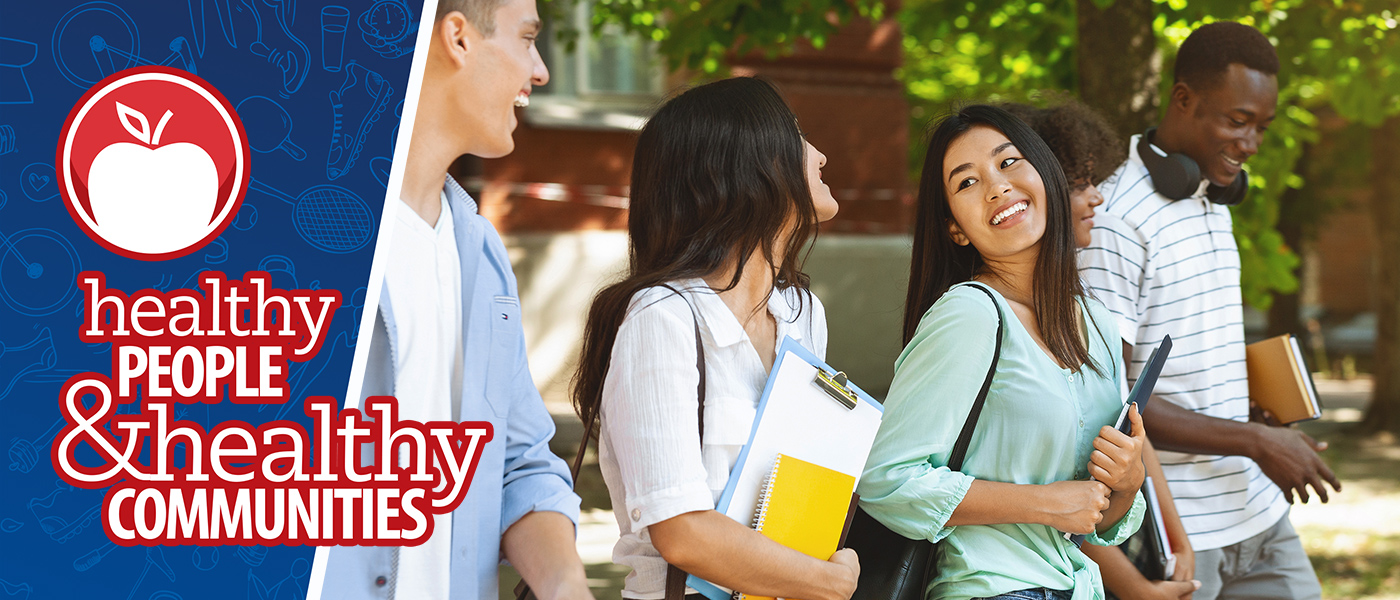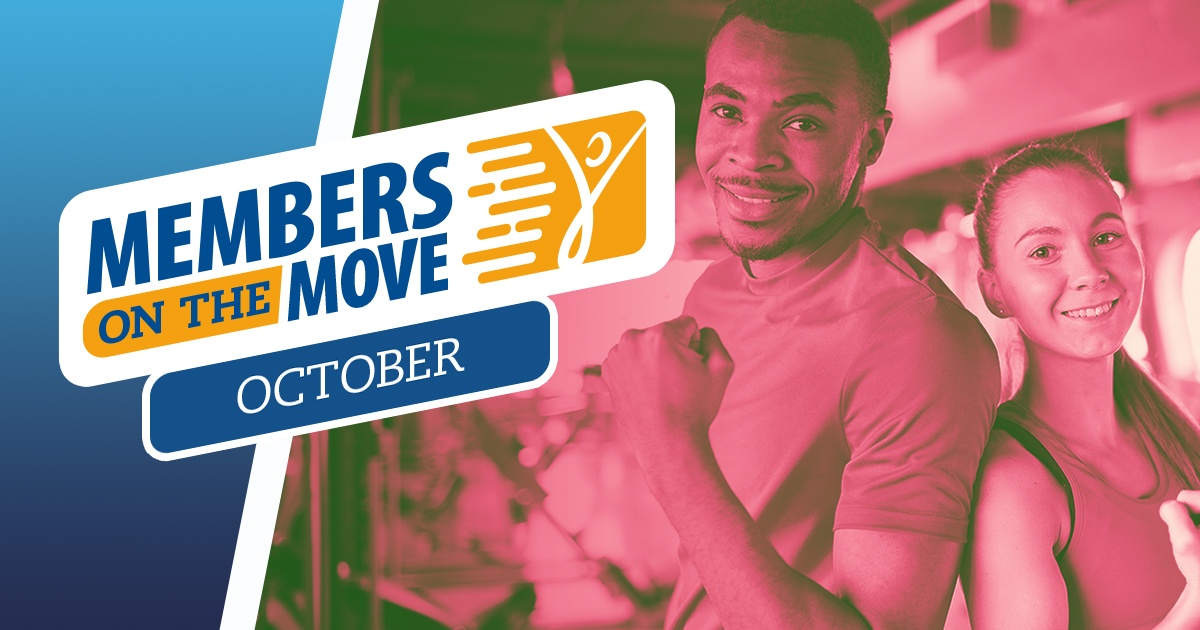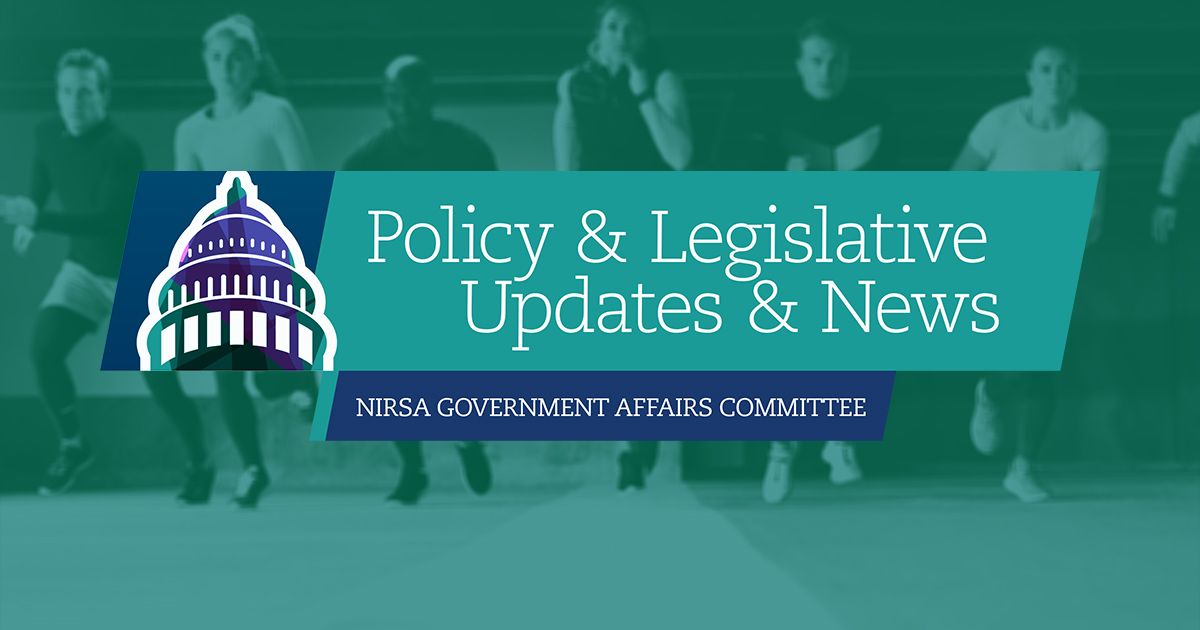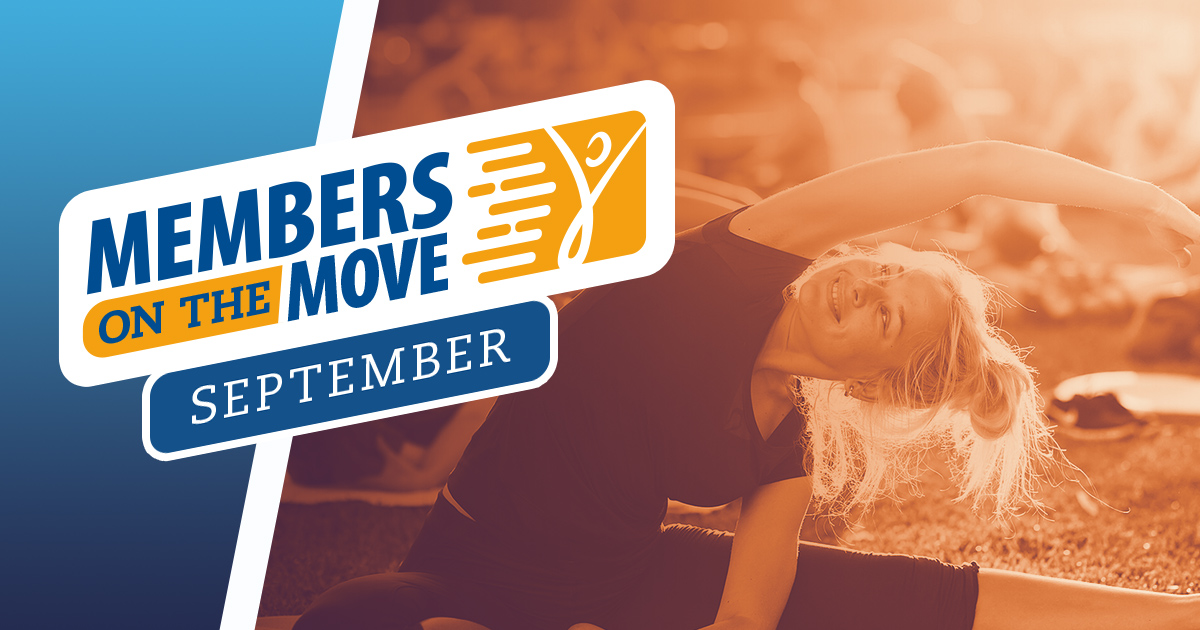NIRSA’s Health & Wellbeing Task Force would like to share a recent resource released by The Healthy Minds Network, Active Minds, and the JED Foundation—all organizations at the forefront of mental health on college campuses.
The document opens by illuminating that the traditional age of college students is the same age that the majority of mental health concerns arise. As recreation professionals, we need to understand the impact this has on our audiences and campuses.
The introduction explains the Healthy Minds Network (HMN) and Study (HMS). If you’re unfamiliar with either of these resources, this document can serve as an introduction. It’s also important to know whether your institution has participated in the Healthy Minds study. Are you using this data to guide your efforts towards improved wellbeing?
The scope of mental health problems is clearly brought to light in an easy and digestible way that illustrates the prevalence of mental health issues on US college campuses. Mental health stigma is also addressed with data informing the differences between US and international students, race, and ethnicity. As collegiate recreation professionals, we have a role in reducing stigmatization of help-seeking behaviors.
Speaking of our role, when looking at data from the National College Health Assessment (ACHA-NCHA II, 2019) the impacts on academics are anxiety, depression, sleep difficulties, and stress. All of these are affected by physical activity. Perhaps an easy win for rec professionals is to incorporate wellness programming that addresses sleep and stress.
The importance of policy change must not be lost on us. We ought to have a seat at the table and be engaged in conversation as it relates to policy change that enhances mental health. We do not need to be the experts, but we must be advocates.
Two bonuses from the resource:
- “Conversations with Administrators”—provides example questions that you can ask to be better informed as well as advocate for and get involved in mental health work on your campus.
- “Accessing Further Data”—no need to Google, the links are provided for you.
For further reading
If you found this resource useful, you might also check out two other recently released reports:
- “Creating Environments For Flourishing: Using Innovation, Evidence, and Community to Support and Improve the Emotional and Behavioral Health of Students” from the Mary Christie Foundation and Georgetown
- “Adapting and Innovating to Promote Mental Health and Emotional Well-Being of Young People of Color: COVID-19 and Beyond” from The Steve Fund
- For more information, please contact NIRSA Director of Advocacy & Strategic Partnerships Erin O’Sullivan.
Darice Burde is currently Director for Fitness and Wellness at the University of Florida. She serves on the Health & Wellbeing Task Force.






